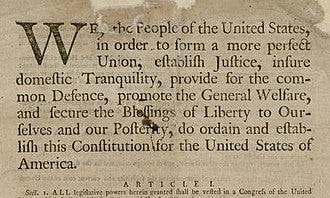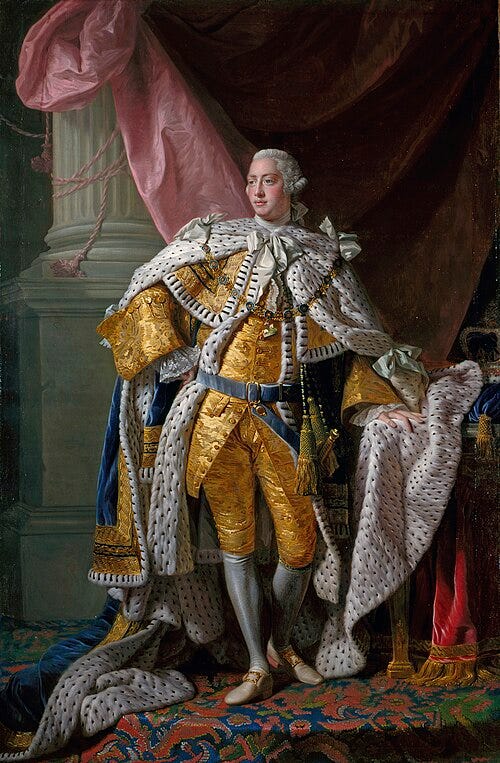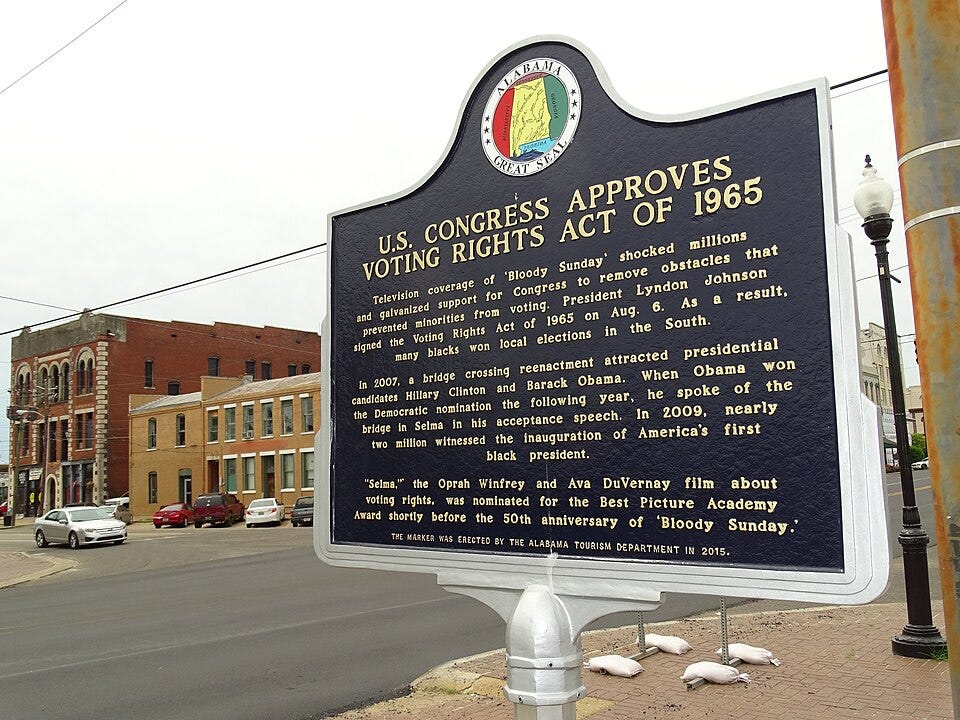Power Starts With Us: What Popular Sovereignty Really Means in America
Popular sovereignty means that the power of the government comes from the people.
The word popular means “of the people,” and sovereignty means “supreme power or authority.” Put together, popular sovereignty means that the people are the highest power in the land. In other words, the people are the real rulers, and the government works for them, not the other way around.
This idea is one of the core principles (basic values) of the United States. It shows up in the very first words of the Constitution:
“We the People.”
That phrase reminds us that the U.S. government was created by the people and exists to serve the people.

Before the United States became independent, the 13 colonies were ruled by a king named King George III of Great Britain. The colonists had no say in what laws were made. They could not vote in British elections or choose who would speak for them, yet were under complete control by the King.
This lack of voice led to protests, boycotts, and eventually the American Revolution. The colonists believed that they should not be taxed or ruled by a government that ignored their rights. This is where the idea of popular sovereignty took hold: the belief that people should be able to govern themselves.
When the Revolutionary War ended and the colonists won their freedom, they needed to decide how to build a new government. Many leaders agreed that the government should only exist if the people gave it permission. This idea was very different from the old way of thinking, where kings claimed they were chosen by God and didn’t need the people’s approval.
Popular sovereignty shaped the entire U.S. Constitution. It is the reason we have a system where people vote, speak freely, and have rights protected by law.
The idea appears right at the start of the Constitution, continuing on from earlier:
“We the People of the United States… do ordain and establish this Constitution.”
This sentence makes it clear that the government’s power comes from the people, not a king, not a church, and not a small group of elites (wealthy or powerful people).
Popular sovereignty also explains why the United States is a republic (a system where people elect representatives to make decisions) and not a monarchy (a government ruled by a king or queen).
In the U.S. system, popular sovereignty shows up in many ways:
People vote in elections to choose their leaders.
People have the right to speak out, protest, and organize when they want change.
People can petition (ask formally) for new laws or to change existing ones.
Elected leaders can be removed from office if they no longer serve the people’s best interests.
These rights and powers are not just ideas; they are built into the system to make sure the people remain in charge.
But popular sovereignty is not automatic. It only works if people actually take part by voting, learning about the issues, and making their voices heard. If too few people participate, power can shift away from the public and into the hands of a few.
Although popular sovereignty was a major founding idea, not everyone had access to it when the country began. At first, only white men who owned land were allowed to vote. Women, Black Americans, Native people, and poor white men were often excluded.
Over time, movements for change helped expand the meaning of popular sovereignty which resulted in new laws. The 15th Amendment (1870) said that the right to vote cannot be denied based on race (link). The 19th Amendment (1920) gave women the right to vote (link). The Voting Rights Act (1965) helped remove laws that made it harder for Black Americans to vote.
These changes brought the country closer to the true meaning of popular sovereignty: that all people, not just a few, have the right to help shape their government.
Popular sovereignty isn’t just a history lesson. It still plays a huge role in American life. When people vote, protest, speak out, and take action, they are practicing it. When they ignore elections or stop paying attention, power can shift away from them.
The Founders believed that the people, not the government, should have the final say. That belief built the foundation for everything else in the U.S. system. And it's still our job today to make sure that power stays with the people.
Sources and Additional Reading
National Archives, “The Constitution of the United States”
Library of Congress, “Creating the United States”
Annenberg Public Policy Center, “Popular Sovereignty”
American Civil Liberties Union (ACLU), “Voting Rights in America: A Timeline”



